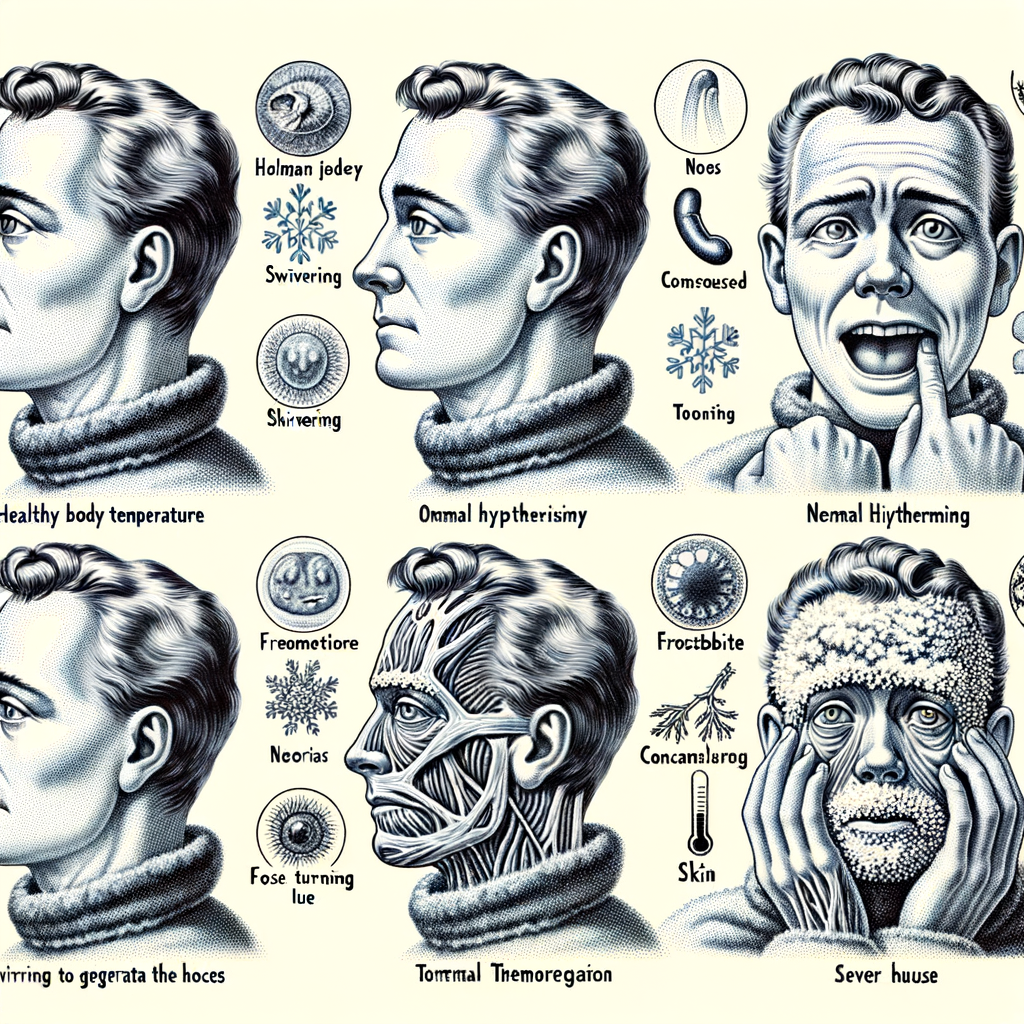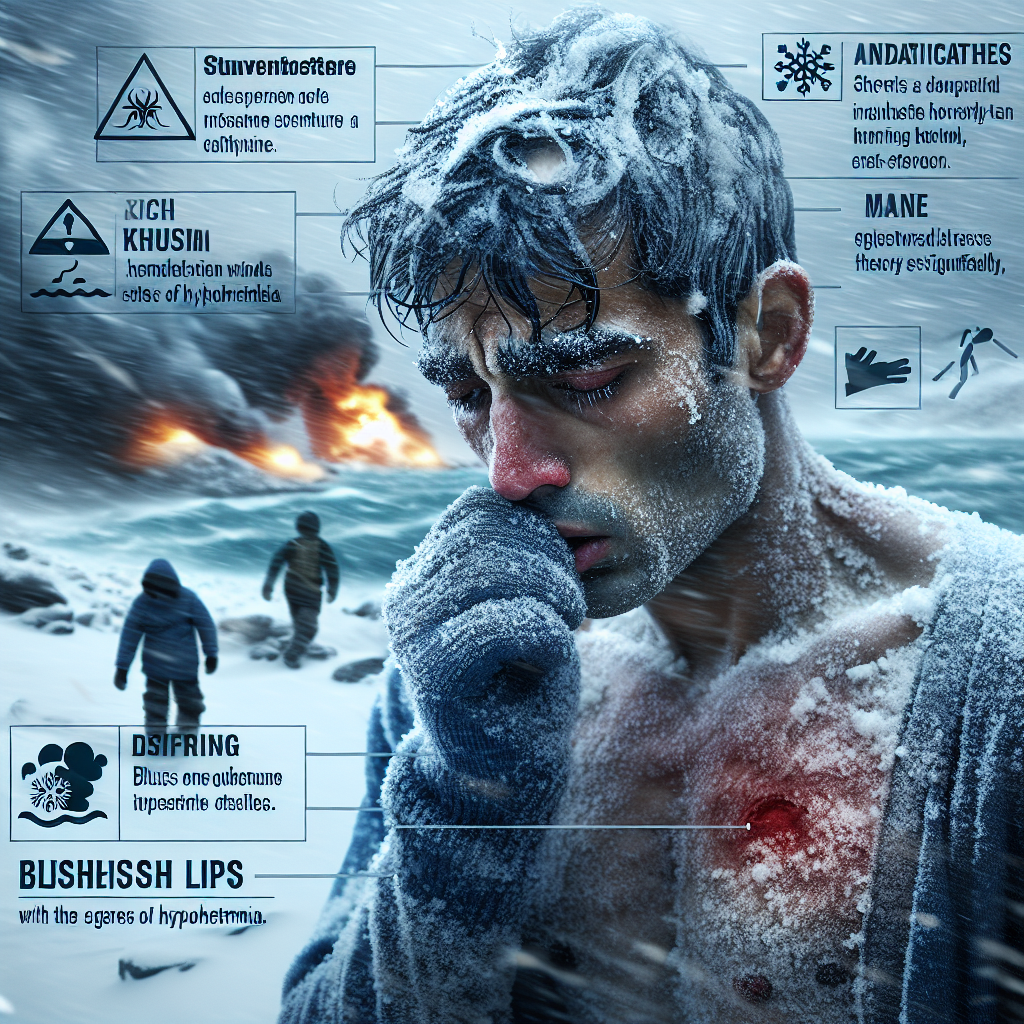Understanding Hypothermia Injury: Causes, Symptoms, and Treatment

Hypothermia is a medical emergency that occurs when your body loses heat faster than it can produce heat, causing a dangerously low body temperature. It is a potentially deadly condition that requires immediate medical attention. This article aims to provide a comprehensive understanding of hypothermia injury, its causes, symptoms, and treatment.
What is Hypothermia?
Hypothermia is a condition characterized by an abnormally low body temperature, typically below 95 degrees Fahrenheit or 35 degrees Celsius. It occurs when the body is exposed to cold temperatures and is unable to maintain a normal body temperature. Hypothermia can affect the body’s core functions, including the heart, nervous system, and respiratory system.
Causes of Hypothermia
Hypothermia is most commonly caused by prolonged exposure to cold temperatures, particularly in wet and windy conditions. However, it can also occur in more moderate weather if a person becomes chilled from rain, sweat, or submersion in cold water.
- Exposure to cold weather or cold water
- Wearing clothes that aren’t warm enough for weather conditions
- Staying out in the cold too long
- Inability to get out of wet clothes or move to a warm, dry location
- Falling into water, as in a boating accident
Symptoms of Hypothermia
The symptoms of hypothermia can vary depending on how long you have been exposed to the cold temperatures. The symptoms can be divided into stages: mild, moderate, and severe.
- Mild: shivering, fast breathing, cold and pale skin, tiredness, confusion
- Moderate: slow and shallow breathing, weak pulse, clumsiness or lack of coordination, drowsiness or very low energy, confusion, memory loss
- Severe: loss of consciousness, weak or absent pulse, shallow or absent breathing
Treatment of Hypothermia
Hypothermia is a medical emergency that requires immediate medical attention. Treatment usually involves methods to warm the body back to a normal temperature.
- Remove any wet clothes, hats, gloves, shoes, and socks.
- Protect against wind, drafts, and further heat loss with a warm, dry blanket and place in a warm room.
- Give warm fluids, but avoid alcohol and caffeine, which speed up heat loss.
- Use warm, dry compresses. Use a first-aid warm compress or a makeshift compress of warm water in a plastic bottle or a dryer-warmed towel.
Prevention of Hypothermia
Prevention is the best way to avoid hypothermia. Dress appropriately for the weather, stay dry, and avoid prolonged exposure to cold temperatures. If you suspect someone has hypothermia, seek immediate medical attention.
Conclusion
Hypothermia is a serious and potentially life-threatening condition that can be prevented with appropriate precautions. Understanding the causes, symptoms, and treatment of hypothermia can help you stay safe in cold weather conditions. Always seek immediate medical attention if you suspect hypothermia.
Meta Keywords: Hypothermia, Cold Weather, Low Body Temperature, Medical Emergency, Hypothermia Symptoms, Hypothermia Treatment, Hypothermia Prevention







